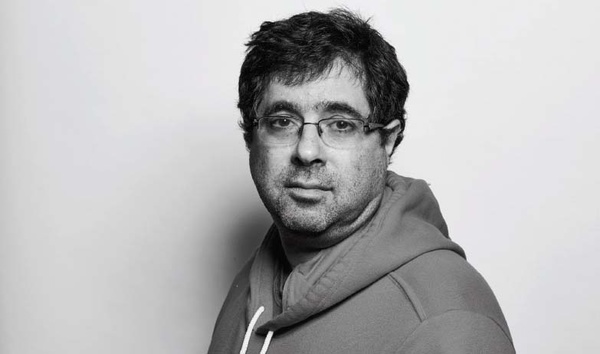You were diagnosed with a severe case of Guillain-Barré (GBS) syndrome in May 2014. Up until then you had run 29 marathons. How did running help you recover? I knew I wanted to run again, and that gave me a goal to work toward. I wasn't able to participate in the New York City Marathon in November 2014—I was still in a wheelchair—so I set my sights on 2015. By the next summer, I had moved from the wheelchair to a walker and was able to complete a 5K race with the walker. By 2016, I was walking unaided and started running half-marathons with an eye toward the New York City Marathon in November. Then, in mid-September, I stepped in a hole and broke my foot.

How did you come back from a broken foot? I was about to let my home health aide go when the accident happened. The doctors put me in a boot, which I was only allowed to take off when sleeping and showering. Since I needed help with that, I kept the aide on longer. By December 2016 I was out of the boot, taking longer and longer walks, and had rejoined a gym. Less than a year later, I was at the start of the New York City Marathon.
How did the 2017 New York City Marathon differ from previous races? This time I was part of Achilles International, an organization that supports athletes with disabilities. My teenage son was one of my guides. Our group started at 8:52 a.m.—an hour before any of the other runners. My goal was to cross the finish line before race officials took the clock away at 7:30 p.m. Even after falling at the 15-mile mark, I finished in nine hours and 52 minutes. In previous years, I was the guy who ran the marathon in five hours or less.
Are there any other activities that have helped? I got involved with the GBS/CIDP Foundation (http://GBS-CIDP.org ) and became its liaison with newly diagnosed patients in Brooklyn, Queens, and Long Island. As a liaison, I hold annual meetings at a YMCA near me. We tell our stories and listen to others. There's a lot of empathy in the room.
How did your diagnosis affect your family? My twins were in eighth grade when this happened and I was the stay-at-home dad. Overnight, I went from the caregiver to the guy who needed care. My kids had to step up and pitch in. GBS was a big disruption to their lives, but they were cool about it. My wife was 100 percent supportive. The whole time I was in the hospital, she worked remotely from the window sill in my room.
How's your health today? My neurologist says I've probably healed as much as I'm going to, but I still walk funny. I also have severe foot drop, and I can't lift my wrists when my hands are facing down.





Great article Michael. Love your work. 😉👍
ReplyDeleteinteresting
ReplyDelete